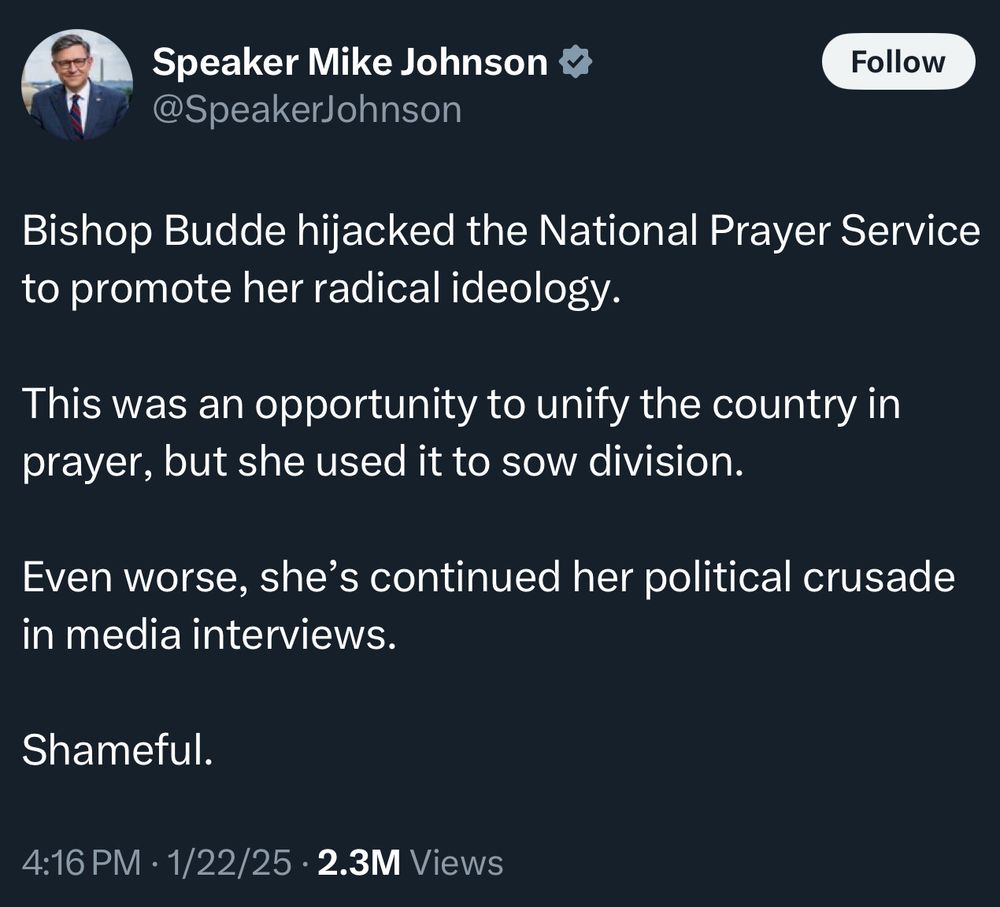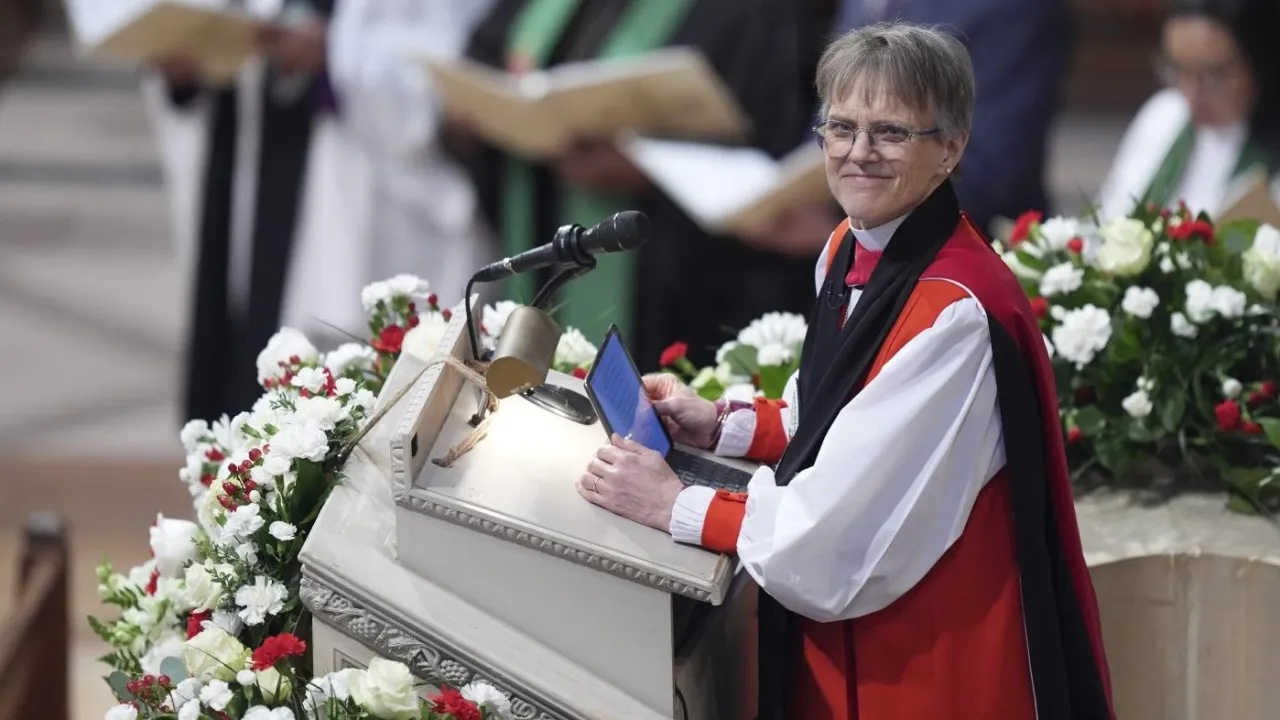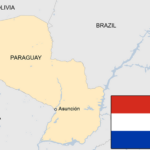I grew up in Western Kentucky – very much the Bible Belt, where the deep-rooted Christianity of the Midwest meets the deep-rooted Christianity of the South. If someone had asked me if my family was religious, I would have said no, because to me, a religious family was like the Amish: they had strict rules about clothes and electricity and what you could do on the Sabbath. It wasn’t until I moved to New England that I realized, wow, I’m from a MUCH more religious family than folks around here. I remember a European colleague working with me in Kabul commenting about how weird it was to pray before government meetings and I’m like, girl, come to Kentucky…
The Christianity that was taught to me was very simple: to be a Christian, you accepted Christ as your Savior, and as the Word made flesh. Of course, that phrase was said to me for about a decade before I sort of started to understand what in the heck that meant. But I could repeat it on command! And when I learned about the loaves and fishes, it was always from the point of view of, “See, Jesus could perform miracles!” There wasn’t much about how we were supposed to live – just know that Jesus was magical and believe he’s the Son of God and you go to Heaven. Nothing else was of much importance.
Up through my early teens, I went to Sunday school before church services, and Vacation Bible School in the summer, and we would study some Bible stories and parables, but nothing controversial, nothing at all challenging. But per the definition of what it took to be a Christian, and per reading the Bible cover to cover when I was 13 or so, I was quickly realizing I wasn’t a Christian.
I was in my 20s when I first heard Christian activists emphasizing the acts and words of Jesus as important and as justification for fighting for human rights and taking care of each other. The first time I heard the loaves and fishes story told as a story about how, if we all come together and share, we could all feed and take care of each other, I was 24 years old.
It was living on the West Coast in my 20s when I first heard people emphasizing the Bible’s many passages on helping not just strangers, but foreigners:
Don’t mistreat any foreigners who live in your land. Instead, treat them as well as you treat citizens and love them as much as you love yourself. Remember, you were once foreigners in the land of Egypt. I am the Lord your God. (Leviticus 19:33-34).
And you are to love those who are foreigners, for you yourselves were foreigners in Egypt. Deuteronomy 10:19.
“Cursed is anyone who withholds justice from the foreigner, the fatherless or the widow.” Then all the people shall say, “Amen!” Deuteronomy 27:19.
Be sure to welcome strangers into your home. By doing this, some people have welcomed angels as guests, without even knowing it. Hebrews 13:2.
‘I was hungry and you gave me food, I was thirsty and you gave me drink, I was a stranger and you welcomed me… Whatever you did not do for one of the least of these, you did not do for me…‘ Matthew 25:31-40.
And on and on and on. More from What does the Bible say about welcoming the stranger?
I never heard this message about welcoming foreigners growing up in the Bible belt. We absolutely welcomed “strangers” in a way people don’t in the USA outside the area, and that makes me sad, but welcoming foreigners – no, I was never taught just how much the God of Abraham felt that was an obligation.
I’m posting all of this because, as we saw at the inauguration National Cathedral prayer service on Tuesday, the President now considers it “nasty” for a Christian minister to ask him to “have mercy upon the people in our country who are scared.” And to use the term “good neighbors” to describe “The people who pick our crops and clean our office buildings; who labor in poultry farms and meat packing plants; who wash the dishes after we eat in restaurants and work the night shifts in hospitals…”
I am grateful to Bishop Mariann Budde for her courage and her adherence to the teachings of scripture. Clearly, the President now is frightened by teachings of the Bible. So – yeah, more please, says this Atheist. He sells Bibles – but doesn’t read them.

Post Script:
Who wants to tell the Speaker of the House where Bishop Budde got “her radical ideology”?
Feel free to send him my blog. And a highlighted Bible with post-it notes to mark the passages.













Leave a Reply